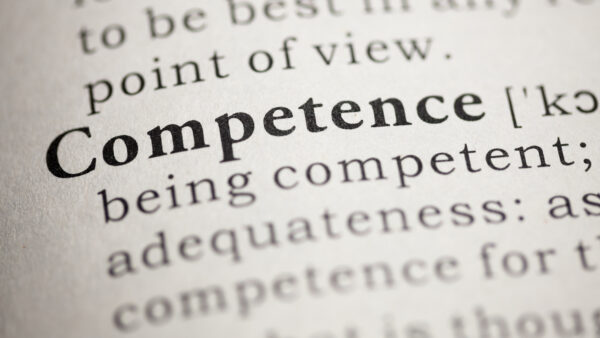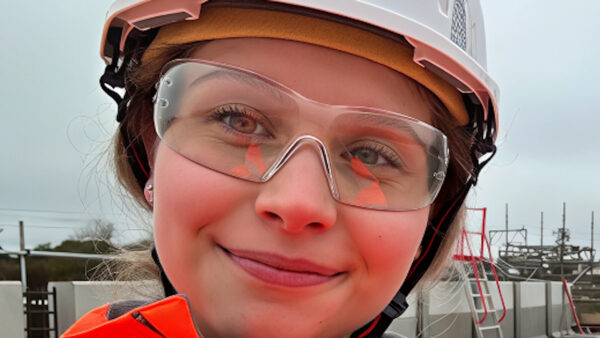Are skills gaps exacerbating health and safety risks?
A shortage of construction skills as well as a lack of health and safety professionals could be a lethal combination for the industry
Some workers might roll their eyes at health and safety, but the reality is that it allows people to come home to their families from work safely.
Without it, risk significantly increases, particularly in potentially hazardous industries like construction.
However, a shortage of skilled health and safety professionals could pose a significant problem for the safety of British workers.
Register for free or sign in to continue reading
This is not a paywall. Registration allows us to enhance your experience across Construction Management and ensure we deliver you quality editorial content.
Registering also means you can manage your own CPDs, comments, newsletter sign-ups and privacy settings.
This is compounded by severe skills shortages in the industry itself, with construction workers in high demand thanks to new government initiatives to increase homebuilding targets.
Increased investment in the industry is incredibly positive news for local economies, as well as the UK economy as a whole. But there are potential issues involved with a rapid scaling up of work demand in the face of already existing skills shortages.
There are potential issues involved with a rapid scaling up of work demand… This includes an inexperienced – or overworked – workforce potentially capable of making a greater number of dangerous mistakes
This includes an inexperienced – or overworked – workforce potentially capable of making a greater number of dangerous mistakes.
The impact of skills shortages
Many roles in construction are currently experiencing skills shortages. This includes bricklayers, roofers, carpenters and joiners, as well as engineers and other unclassified construction roles.
This shortage of skilled and experienced professionals in industries with a high degree of risk poses a threat to occupational health and safety.
An overworked workforce is more likely to attempt to cut corners in health and safety to save time.
In fact, an October 2023 study of 1,500 UK employees, conducted by Phoenix Health & Safety, found that large numbers of construction workers already cut corners in health and safety to save time, including working at height (38%), not reporting incidents to superiors (38%) and not addressing slip hazards (24%).
Similarly, inexperienced workers are likely to pick up negative habits and time-saving attitudes from overworked colleagues.
This can have a significant long-term impact on safety across the industry, with bad practices taking root within the workforce and a mentality of corner-cutting and time-saving beginning to take precedence over safety and hazard awareness.
If these issues are not adequately addressed through the teaching of best practice, this can become a chronic issue within a workplace, and even within the wider industry as workers from different sites and companies interact.
In light of this, a rapid increase in the number of trained health and safety professionals is necessary. This must proceed hand in hand with a wider recruitment drive to ensure the continued safety of the UK construction workforce.
It is essential for employers to foster a workplace culture that recognises the importance of health and safety. This includes encouraging employees to challenge bad practice and dangerous working habits
Investing in the workforce
Employers should invest in their workforce by: conducting health and safety audits through external providers; bringing in new hires who possess an industry recognised qualification, such as IOSH or NEBOSH; or upskilling existing employees by allowing them to obtain necessary qualifications.
It is also essential for employers to foster a workplace culture that recognises the importance of health and safety.
This includes encouraging employees to challenge bad practice and dangerous working habits, or allowing them to raise issues that could be causing harm, with the confidence that their employer will act to improve the situation.
With increased investment and the continued protection of the UK workforce, the growth of industries such as construction will continue to provide positive benefits for the UK economy.
But, importantly, this will also address any potential safety implications related to an under-skilled and under-protected workforce.
Nick Higginson is CEO of Phoenix Health & Safety.








